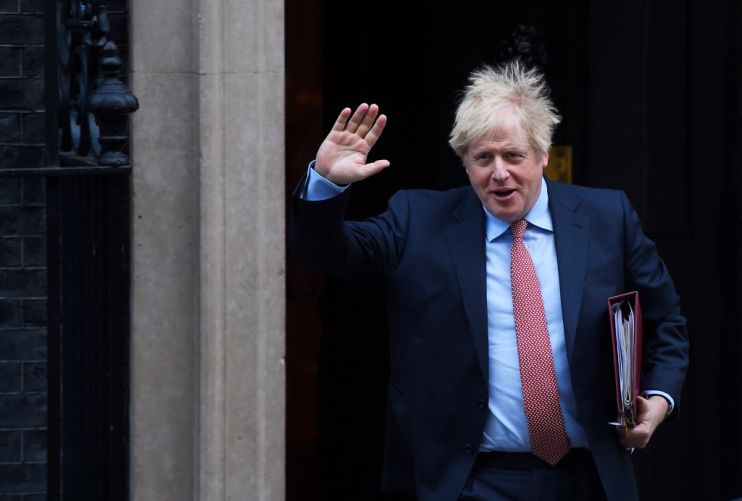Johnson says Australian model on the cards for UK–EU trade deal

Boris Johnson will today fire the starting gun on trade negotiations with the European Union, with the government floating the idea of a looser Australian-style deal if a more comprehensive arrangement cannot be agreed.
In a speech today the prime minister will say the UK is aiming to negotiate a Canada-style free trade deal, “but in the very unlikely event that we do not succeed, then our trade will have to be based on our existing withdrawal agreement with the EU”.
The UK and EU have until the transition period ends in December to reach a trade deal. While a Canada-style agreement would allow tariff- and quota-free trade in goods, under the existing withdrawal agreement the UK and EU would effectively trade on World Trade Organization terms, with the possibility of side deals on specific sectors.
Such an arrangement, a so-called Australia-style deal, would have serious ramifications for the City, with many hoping for a tighter trading relationship in services. The future of financial services is expected to be a key battleground in negotiations, with UK firms’ access to European markets likely to be at the centre of horse-trading over fishing rights and a host of other post-Brexit arrangements.
Johnson will be make clear that any future arrangements will only address trade issues.
“There is no need [to accept] EU rules on competition policy, subsidies, social protection, the environment or anything similar, any more than the EU should be obliged to accept UK rules,” he will say.
Although business bodies have lobbied for any future UK-EU trade deal to ensure near-frictionless trade in goods and services across the channel, Johnson will today suggest he will accept checks at the border if he cannot secure a Canada-style deal.
Get the news as it happens by following City A.M. on Twitter
The political declaration agreed in October states that Britain should be able to access the EU’s financial markets under a “third-party equivalence system”, under which Britain’s regulations are deemed to be in line with the bloc’s. Chancellor Sajid Javid has suggested financial services’ trade with the EU should be on the “outcome-based” equivalence of rules.
“While the future UK-EU relationship negotiations begin with a shared rulebook already in place, any agreement reached will need to be clear about how differences that may emerge over time will be managed,” said Miles Celic, head of The City UK.
“It must also be based on transparency and constructive regulatory and supervisory cooperation for the benefit of customers and businesses across Europe,” he added.
“Having left the EU, we expect there to be some turbulence now, as both sides begin to signal to each other but before negotiations on the future relationship actually begin,” said Federation of Small Business’s Martin McTague.
Foreign secretary Dominic Raab yesterday struck a bullish tone in an interview with Sky News.
The “issue of alignment” is “not even in the negotiating room”, he said, adding that agreeing to such an deal would “defeat the point of Brexit”.
“We are taking back control of our laws, so we are not going to have high alignment with the EU, legislative alignment with their rules,” Raab told Sky News. “But we’ll want to cooperate and we expect the EU to follow through on their commitment to a Canada-style free trade agreement.”
Catherine McGuinness, policy chair at the City of London Corporation, said: “The future trading relationship negotiations will be intricate and complex, and should not be a zero sum game for different sectors.
“The December 2020 deadline is ambitious and it is critical the services sector is not sacrificed in the rush to get a deal. We have always said that a positive future relationship is in the interests of businesses and households on both sides of the Channel.”
The EU will today lay out its mandate for negotiations, in which it is expected to call for the continued involvement of EU institutions as oversight bodies to any trade agreement, a position the UK government is said to believe is untenable.